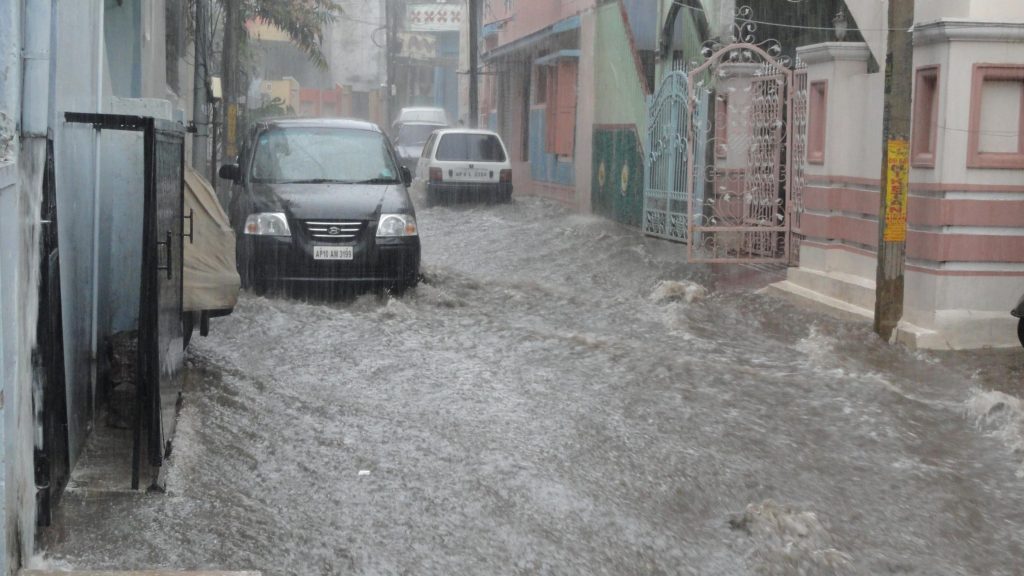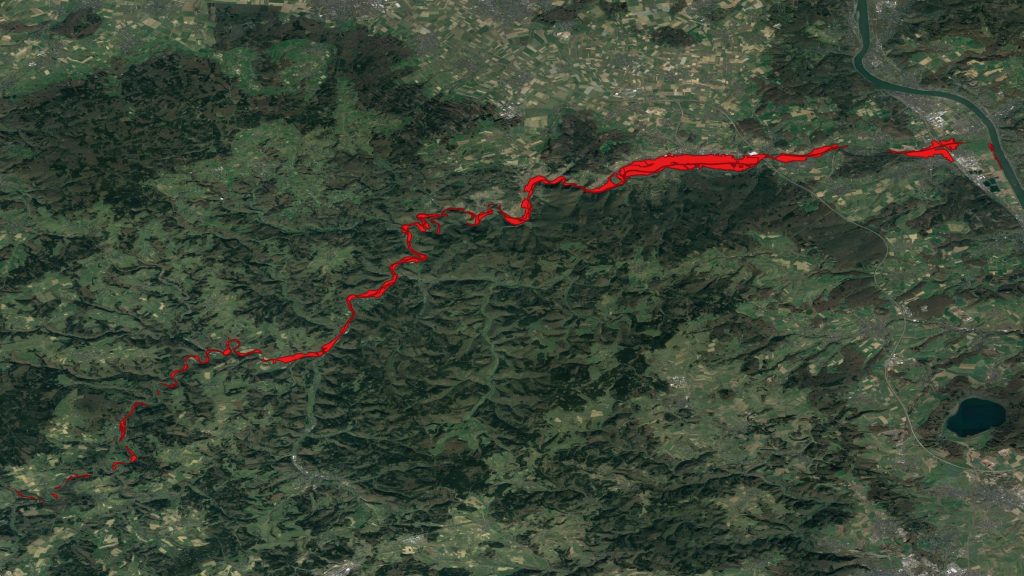
This week areas of Germany and Belgium have experienced torrential rain resulting in devastating flash floods. As the region continues to respond to the event, local authorities have declared a state of emergency with rescue efforts still ongoing.
At the time of writing this piece, at least 93 people have been reported dead and thousands are still unaccounted for. With numbers expected to continue to increase, so far this catastrophic event has more fatalities than any other major flood in Europe in nearly a decade (the last being the 2012 floods in Russia).
Understanding the cause
Excessive precipitation over a 48 hour period caused a rapid rise in water levels. One spokesperson from the German Weather Service told reporters that “in some areas, we have not seen this much rainfall in 100 years.”
Extreme weather events like this are difficult to measure. However, our understanding is improving. There were a number of factors that influenced the event, and a warming climate had a significant part to play.
This recent paper by Kahraman et al. indicates that extreme convective rainfall across Europe will become far more frequent under a warmer climate. Headline figures of 14x more likely in some areas and events that are unseen in the historical record becoming commonplace are concerning, to say the least.
As our ability to model these systems improves, the results suggest that climate change is going to amplify the frequency and severity of these events. Nevertheless, attributing specific flood events to climate change, particularly when they are driven by localised intense rainfall remains extremely difficult. Convection-permitting models, such as those used by Kahraman et al., hold the key for doing so in the future.
Understanding the impact
It is important to note that when thinking about the impact of an event, it is not enough to only consider the physical hazard.
Regardless of whether climate change is loading the dice here or not, the fact that so many people have lost their lives in a flood event, in central Europe no less, seems inexcusable.
Emergency management systems have clearly failed and lessons will need to be learned. In the immediate aftermath, the burden of responsibility for such devastation clearly has to be shifted towards institutional failure, rather than the responsibility-shirking excuse of laying the blame at the door of global climate change.
When research continues to suggest that this issue will only become more severe, our governments and societies must adapt. With advancements in technology, we are getting better at forecasting these events and working out their likelihood. What needs to happen next is planning, preparation and decisive action.



